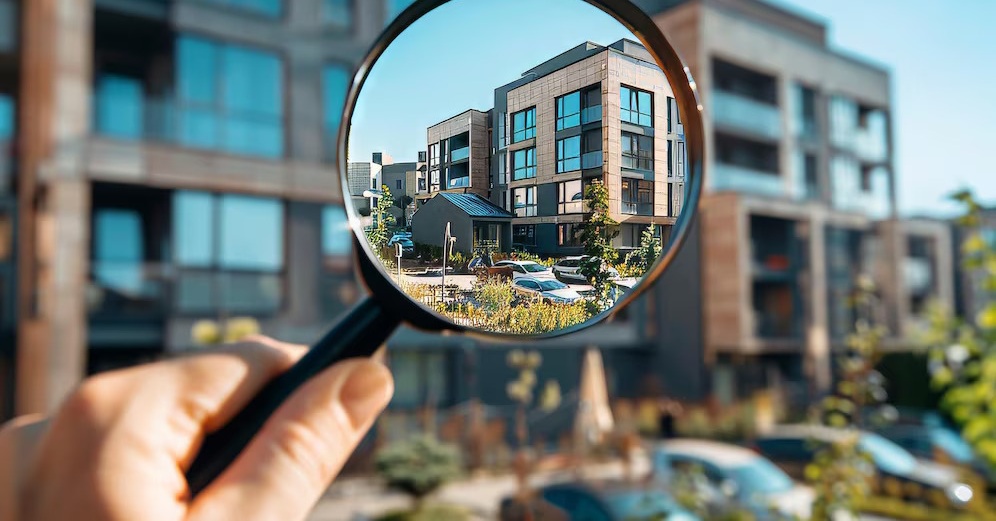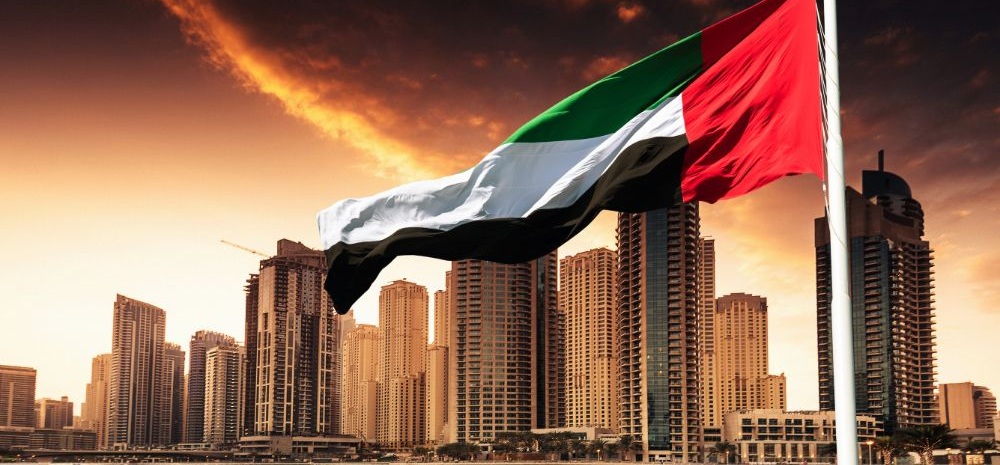Exploring the Hindu Temple in Jebel Ali: A Cultural and Spiritual Journey
Saturday, 10 August 2024
Dubai, renowned for its diverse and inclusive culture, attracts residents from around the world who practice various faiths. One of the notable landmarks in this cosmopolitan emirate is the Hindu Temple in Jebel Ali, which holds special significance for Dubai’s Hindu community.
Previously, the city’s first Hindu temple was established over 60 years ago in Bur Dubai, dedicated to Lord Shiva and Lord Krishna. However, the new temple in Jebel Ali stands as the first independent Hindu temple in Dubai, succeeding the Bur Dubai temples that have been relocated to this new site
The Jebel Ali temple, inaugurated on October 5, 2022, during the Dussehra festival, is a beacon of faith and tradition. Let’s delve into what this remarkable temple offers and explore its architectural beauty and facilities.
Table of Contents
- Architecture and Facilities at Jebel Ali’s Hindu Temple
- Deities in the Hindu Temple in Jebel Ali
- Schedule Your Visit to the Hindu Temple in Jebel Ali, Dubai
- Frequently asked questions
Architecture and Facilities at Jebel Ali’s Hindu Temple

The Hindu Temple in Jebel Ali beautifully blends traditional and modern architectural styles. The centerpiece is a magnificent central dome with an exquisite interior. A striking 3D-printed pink lotus graces the main prayer hall, complemented by intricately carved marble pillars featuring hand-carved elephants adorned with bells and flowers. The temple also boasts walnut doors with detailed craftsmanship.
Key Features
- LCD Screens: Located in the community and knowledge areas for informational purposes.
- Deity Sculptures: Crafted from special black stone.
- Deities: Lord Shiva is the primary deity, alongside 15 others including Ayyapan, Mahalakshmi, Krishna, and Ganesha.
- Sikh Holy Book: A dedicated section houses the Sri Guru Granth Sahib.
- Tulsi Plant: A designated area for mundan and other ceremonies.
- Priests: Eight full-time priests are stationed at the temple.
Deities in the Hindu Temple in Jebel Ali

The Hindu Temple in Jebel Ali serves as a central spiritual hub for the Hindu community in Dubai, housing more than 16 revered deities. Located in Dubai’s Corridor of Tolerance, this temple not only stands as a symbol of religious harmony but also offers a variety of facilities for devotees. The surrounding area is also home to other religious institutions, including churches and a Sikh Gurdwara.

Deities and Temples within the Complex:
- Shree Sai Baba Temple: Dedicated to Shirdi Sai Baba, this temple provides a space for devotion and prayer to the beloved saint.
- Durga Temple: A sacred site for worshipping Goddess Durga, symbolizing strength and protection.
- Lord Shiva Temple: Focuses on Lord Shiva, one of the principal deities in Hinduism, known as the destroyer and transformer.
- Hanuman Temple: Dedicated to Hanuman, the monkey god, revered for his strength, devotion, and bravery.
- Jhulelal Temple: This temple honors Jhulelal, a deity worshipped by Sindhi Hindus.
- Lord Guruvayurappan Temple: Dedicated to Lord Guruvayurappan, an incarnation of Lord Vishnu.
- Lord Ayyappan Temple: A place of worship for Lord Ayyappan, a popular deity in South India.
- Guru Darbaar Sindhi Temple: Focuses on the spiritual practices and teachings of the Sindhi community.
- Laxmi Narayan Temple: Dedicated to Lakshmi and Narayan, representing prosperity and protection.
- Lord Venkateswara Temple: A sacred space for the worship of Lord Venkateswara, an incarnation of Lord Vishnu.
- Lord Muruga with Valli and Deivanai Temple: Dedicated to Lord Muruga and his consorts Valli and Deivanai.
- Jay Shree Ram Temple: Celebrates Lord Ram, the hero of the Ramayana and a symbol of righteousness.
- Jalaram Bapa Temple: Dedicated to Jalaram Bapa, a revered saint in Gujarat known for his devotion and miracles.
- Shri Radha Krishna Temple: A place for worshipping Radha and Krishna, symbolizing divine love and devotion.
- Shree Gautamswami Temple: Dedicated to Shree Gautamswami, a revered figure in Hindu spirituality.
- Shree Mokhambika Devi Temple: Focuses on Goddess Mokhambika, known for her wisdom and grace.

This diverse array of deities and temples provides a comprehensive spiritual experience, reflecting the rich tapestry of Hindu worship and community in Dubai.
Schedule Your Visit to the Hindu Temple in Jebel Ali, Dubai

The Hindu Temple in Jebel Ali is a prominent spiritual destination, drawing worshippers from across the city and becoming a central hub for Hindu festivals. To manage the high volume of visitors, online registration is available on the temple’s official website.
Frequently Asked Questions (FAQs)
What are the visiting hours for the Hindu Temple in Jebel Ali?
The Hindu Temple in Jebel Ali is open daily from 6:00 AM to 8:00 PM. Specific timings for prayers and ceremonies may vary, so it’s advisable to check the temple’s schedule in advance.
Is there an entry fee to visit the Hindu Temple in Jebel Ali?
No, there is no entry fee to visit the Hindu Temple in Jebel Ali. The temple welcomes all visitors free of charge.
What are the main deities worshipped at the Hindu Temple in Jebel Ali?
The Hindu Temple in Jebel Ali houses more than 16 deities, including Lord Shiva, Durga, Hanuman, Krishna, and Sai Baba. The temple also features various shrines dedicated to other important figures in Hinduism.
Are there any dress code requirements for visiting the temple?
Yes, visitors are requested to dress modestly. It is recommended to wear clothing that covers the shoulders and knees as a sign of respect while in the temple.
Can visitors participate in the temple’s religious ceremonies?
Yes, visitors are welcome to participate in religious ceremonies and rituals at the temple. It is a good idea to inquire about the schedule for specific ceremonies and any guidelines for participation upon arrival.





